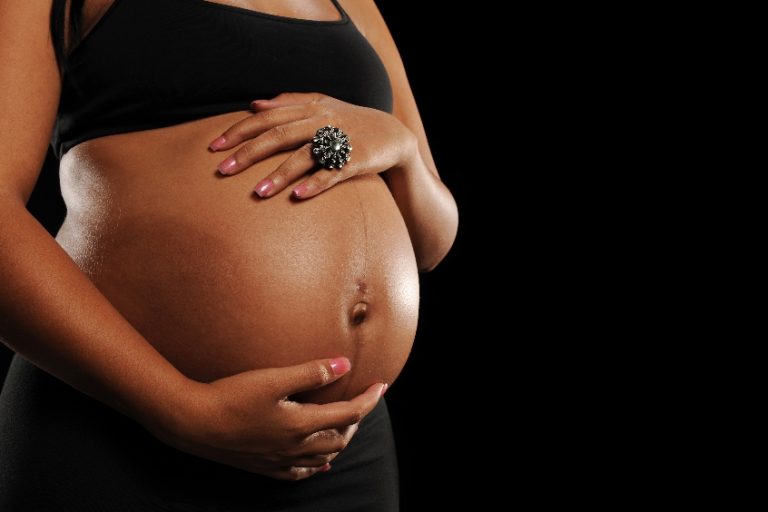Mothers and pregnant women living on Raji Oba, Awoyemi, Folarin, Ajala, Olonade, and Akinshola streets in Alimosho, Lagos, are upset about not having electricity for over three months.
They said the lack of power has made the water problem in their area worse. Taking care of their babies and keeping clean has become very hard.
The women told reporters that the power outage started in March 2025 after the transformer serving their streets got damaged.
They said they have been trying to get Ikeja Electricity Distribution Company (IKEDC) to fix or change the transformer since March 10, but nothing has happened.
Because there is no electricity, many people now rely on water sellers, called ‘mai ruwa’, who carry and sell water in carts, often at high prices.
On June 25, 2025, a woman named Mrs. Cristiana Dasu from Olonade Street was struggling to calm her 10-day-old baby when a reporter visited.
She said the heat was too much for her and her baby because there was no power to run a fan or cool the room.
“My baby hasn’t been sleeping well since I gave birth. Even his older sister can’t sleep properly. She also developed rashes from the heat,” she said.
She explained that her husband spends N8,000 every day to buy fuel for their small generator to power their one-room apartment.
Even with the generator, it only works until around 2 a.m., then the heat becomes too much again. I bought a rechargeable lamp for N7,000 to help take care of the baby at night. But water is still a big problem,” she said.
She added that she had called a water seller since morning, but no one came. She couldn’t go out to look for water because she had to stay with her baby.
Another woman, Mrs. Dolapo Awodeko, 28 years old, said the last three months have been very hard for her due to the water shortage caused by the power outage.
She said she loses sleep because she has to stay up caring for her baby, and this leaves her tired and stressed in the morning.
“I even walk four streets away to find water, and the water sellers have raised their prices but still don’t show up when called,” she said.
She said the heat and lack of water have made her 9-month-old son sick with malaria, and her own health has also suffered.
Mrs. Dada Oluwatoyin also spoke to reporters, saying the situation has been very frustrating.
She said her children go to school wearing dirty clothes because they don’t have enough water at home.
Mothers and pregnant women living on Raji Oba, Awoyemi, Folarin, Ajala, Olonade, and Akinshola streets in Alimosho, Lagos, are upset about not having electricity for over three months.
quickly. “We used to buy a truck of jerry cans of water for N800, but now it costs N3,000. We can’t use our borehole because there’s no power, and the heat is terrible,” she said.
A pregnant woman named Abimbola Olayemi said she feels scared at night because her husband works night shifts and the heat keeps her from sleeping.
She also said everyone in the area depends on the water sellers, and now people have to compete by offering more money to get water.
Another expectant mother, Kehinde, said her health is getting worse because of the situation.
“I’ll give birth soon, and it’s been very tough. I can’t even keep food fresh because there’s no power. I have to wake up at 4 a.m. to fetch water at Winners Church on Raji Oba Street,” she said.
The stories of these women show how the power and water problems have deeply affected the whole community, especially women and children.
Some residents said they sometimes skip baths or use very little water to wash, while others spend extra money hiring water tankers for basic needs.
Residents said the electricity went out on March 10, 2025, after a loud sound came from the transformer. They thought it would be fixed quickly.
They believed IKEDC would fix the problem soon because their area is under Band A (which should get reliable power), but nothing has changed after months.
Reporters saw that people now use only generators, rechargeable lights, and solar-powered fans. Everyone carries chargers to find where to charge their phones.
Shops with generators are full of people charging phones, showing how serious the problem is.
Most people can’t afford solar panels or inverters, so they are stuck without a better solution.
Even businesses are affected. Shops that need electricity to work properly are also suffering.
The Olonade-Akinsola Community Association said they had written to IKEDC to complain.
In a letter dated March 16, they explained how they had contacted IKEDC’s offices to report the blackout, but there has been no solution.
The letter said the power cut had badly affected their daily lives, businesses, healthcare, and overall well-being. They asked IKEDC to act quickly.
When asked, IKEDC’s spokesperson, Kingsley Okotie, said the transformer was damaged by unknown people and they are working to fix it.
He said they are currently getting power from another source, but it’s not enough for everyone, so there’s load shedding (shared power supply). He advised residents to report anyone tampering with power equipment.


